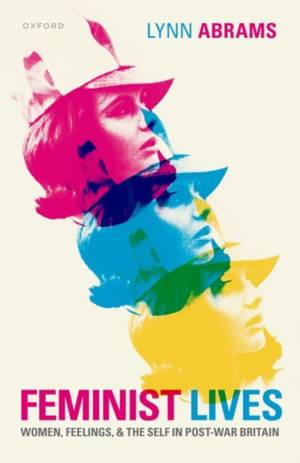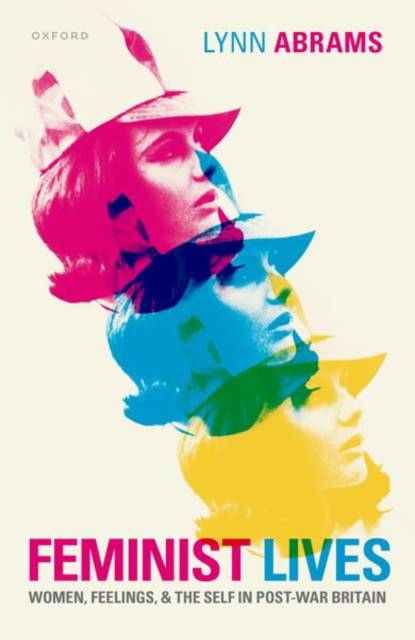
Bedankt voor het vertrouwen het afgelopen jaar! Om jou te bedanken bieden we GRATIS verzending (in België) aan op alles gedurende de hele maand januari.
- Afhalen na 1 uur in een winkel met voorraad
- In januari gratis thuislevering in België
- Ruim aanbod met 7 miljoen producten
Bedankt voor het vertrouwen het afgelopen jaar! Om jou te bedanken bieden we GRATIS verzending (in België) aan op alles gedurende de hele maand januari.
- Afhalen na 1 uur in een winkel met voorraad
- In januari gratis thuislevering in België
- Ruim aanbod met 7 miljoen producten
Zoeken
€ 75,95
+ 151 punten
Omschrijving
Could women be feminist without feminism? Could they foster feminist activism without a movement or an ideology? Could they recraft ways of being female without a plan? Feminist Lives adopts a woman-centred approach to explore these questions and to understand how British women charted a new way of being female in the three decades before the Women's Liberation Movement. By focusing on the 'transition' generation of women who were born in the long 1940s and who grew to maturity in the 1950s, 60s, and 70s, the book demonstrates that it was they who developed the aspirational model of womanhood that then emerged after 1970 as the norm amongst women in the global north. In doing so, Feminist Lives seeks to fill 'the feminist history gap', countering a narrative that has for too long neglected this generation of women as fusty and failing, and as just not feminist enough. Using women's voices as the book's evidential and emotional core as they describe themselves, their relationships, their feelings and actions, this volume analyses the modes by which women constructed a modern self, built upon new ways of living, feeling, and being.
Specificaties
Betrokkenen
- Auteur(s):
- Uitgeverij:
Inhoud
- Aantal bladzijden:
- 272
- Taal:
- Engels
Eigenschappen
- Productcode (EAN):
- 9780192896995
- Verschijningsdatum:
- 5/01/2024
- Uitvoering:
- Hardcover
- Formaat:
- Genaaid
- Afmetingen:
- 160 mm x 229 mm
- Gewicht:
- 544 g

Alleen bij Standaard Boekhandel
+ 151 punten op je klantenkaart van Standaard Boekhandel
Beoordelingen
We publiceren alleen reviews die voldoen aan de voorwaarden voor reviews. Bekijk onze voorwaarden voor reviews.









